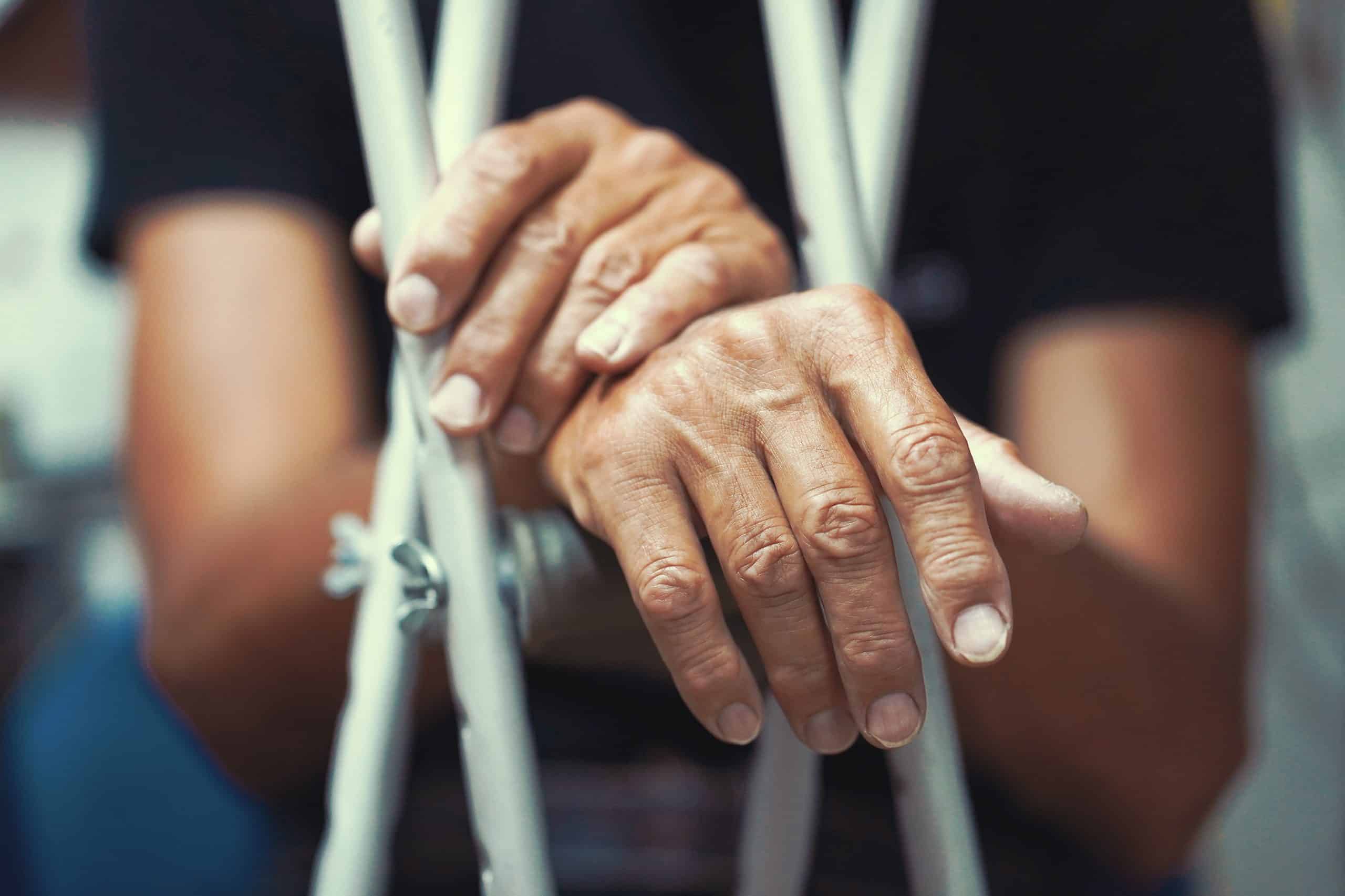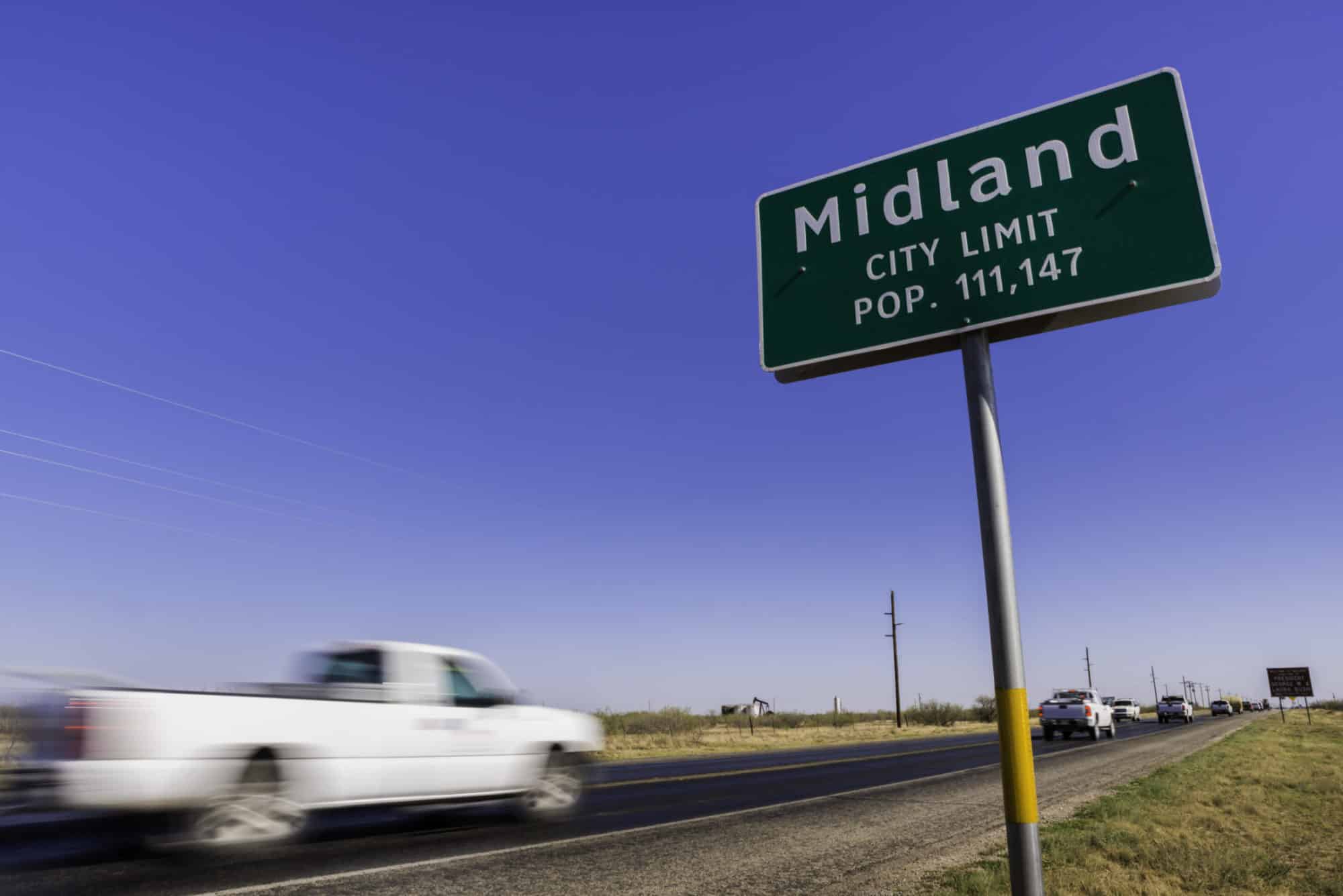Whether you’re out with friends having a good time, running a few errands, or even visiting a relative, accidents can happen anytime, and they can result in serious personal injuries.
When the cause of your injury was someone else’s negligence or deliberate actions, you need a dedicated Midland, TX, personal injury lawyer to fight for your rights. Our law firm has been helping injured individuals and their families in the Midland area get the compensation they deserve for years, and we’re ready to do the same for you.
When you get hurt at the hands of someone else’s carelessness, you can trust Braker White to fight tooth and nail for the compensation you deserve.
An Experienced Ally in Your Fight for Justice
When you suffer a major injury that wasn’t your fault, your whole life can change in an instant. You may be facing serious pain every day on top of lost wages and expensive medical bills. You might even be worried you won’t be able to provide for your family.
We’ve helped so many people just like you, and we want you to know we’re here to help you, too.
When you call Braker White, you’re calling experienced attorneys who can empathize with the pain, stress, and fear that you face. We believe your job should be to focus on recovery, so we’ll take on the job of fighting for your rights and the compensation you deserve. Call us at 432-580-5421, or fill out our easy online form to schedule your free case review today.
Representing a Range of Injured People
We represent a wide variety of injury cases all across the Midland region, including, but not limited to:
- Midland car accidents
- Midland truck accidents
- Midland motorcycle accidents
- Workplace accidents.
- Medical malpractice.
- Midland traumatic brain injuries
- Dog bites.
- Slip-and-fall accidents.
- Wrongful death cases.
Common Injuries From Accidents
An accident can result in a great variety of types of injuries. Some of the more common types of injuries we have represented include:
- Soft tissue injuries, such as whiplash.
- Spine, neck, and back injuries.
- Shattered bones.
- Traumatic brain injury.
- Amputation, paralysis, or loss of limb function.
If you’ve suffered any of these injuries as a result of someone else’s negligent actions, get in touch with us to learn about your legal options in a free case evaluation.
What is Your Case Worth?
You may be eligible to recover many different losses in a personal injury case. You can be eligible to recover compensation for both quantifiable economic damages and non-economic invisible damages. These can include:
Lost Wages and Compensation
If you can’t work, you can get compensation to cover your lost wages and even your potential future earnings.
Medical Expenses
Your medical expenses will likely form the core of your compensation. You should be able to recover the expenses of doctor’s visits, medication, travel to and from appointments, and more.
Pain and Suffering
Pain and suffering is a blanket term for invisible injuries. If you’ve suffered emotional trauma, depression, anxiety, loss of relationships, or other such harm, you may be entitled to compensation for that as well.
Call an Experienced Midland Injury Attorney for Help Today
If you’ve been hurt due to someone else’s negligence, you have rights. Braker White is the Midland, TX, personal injury law firm who can help. Don’t stand alone. Give us a call at 432-580-5421 or fill out our contact form for a free, no-obligation consultation today.

